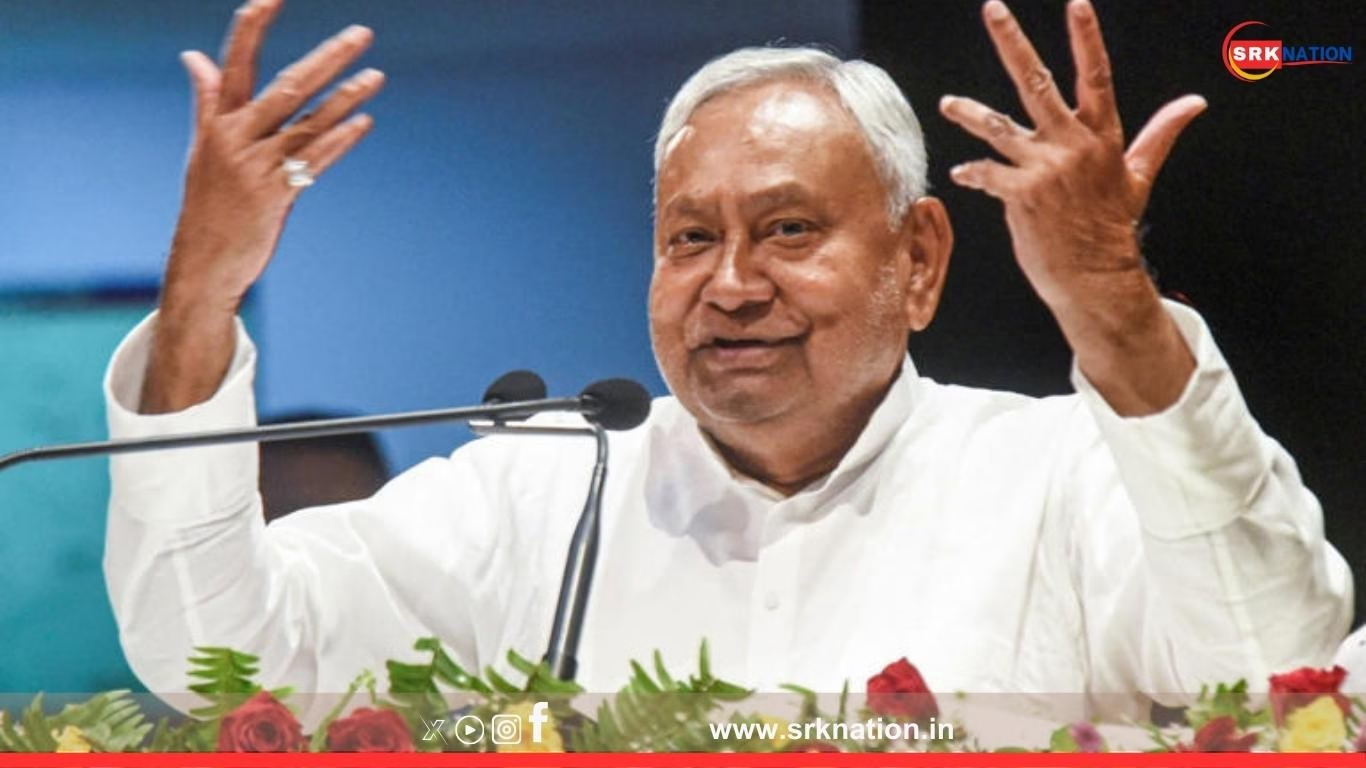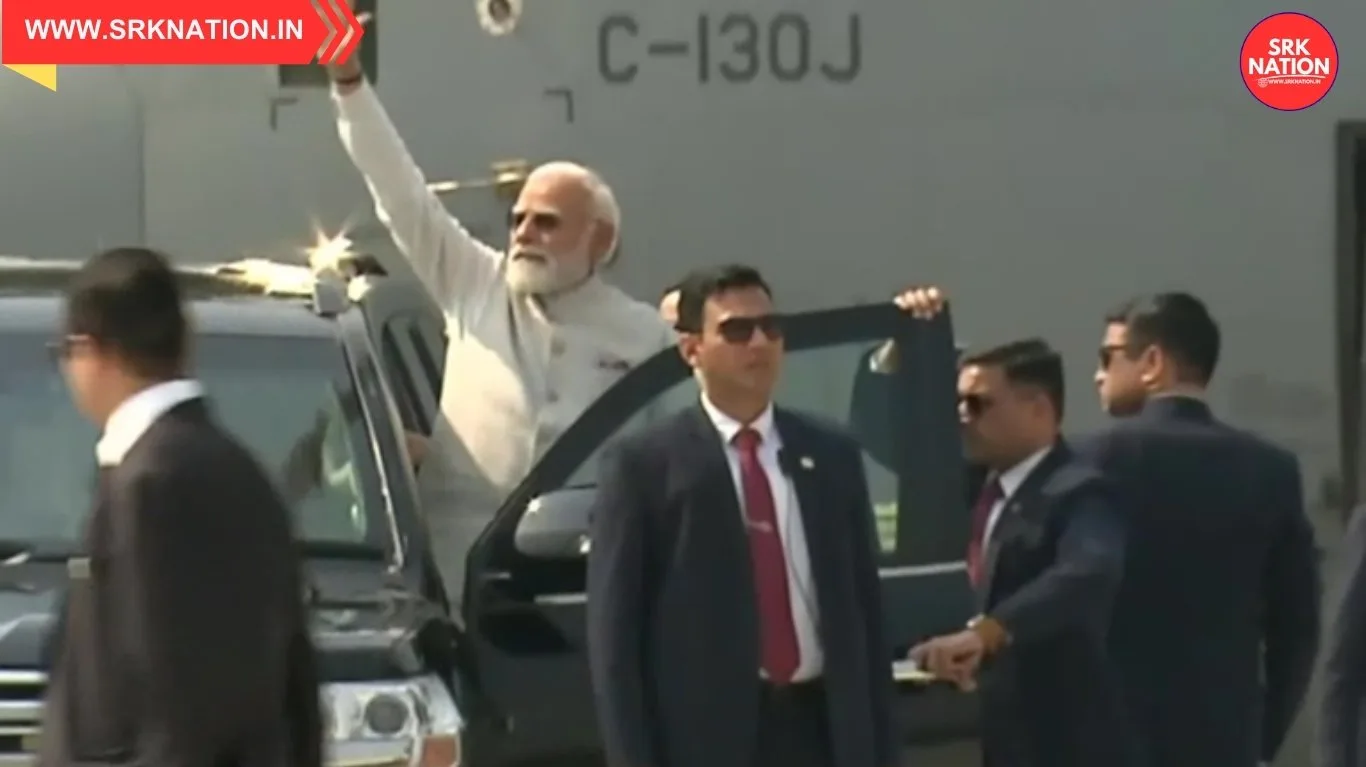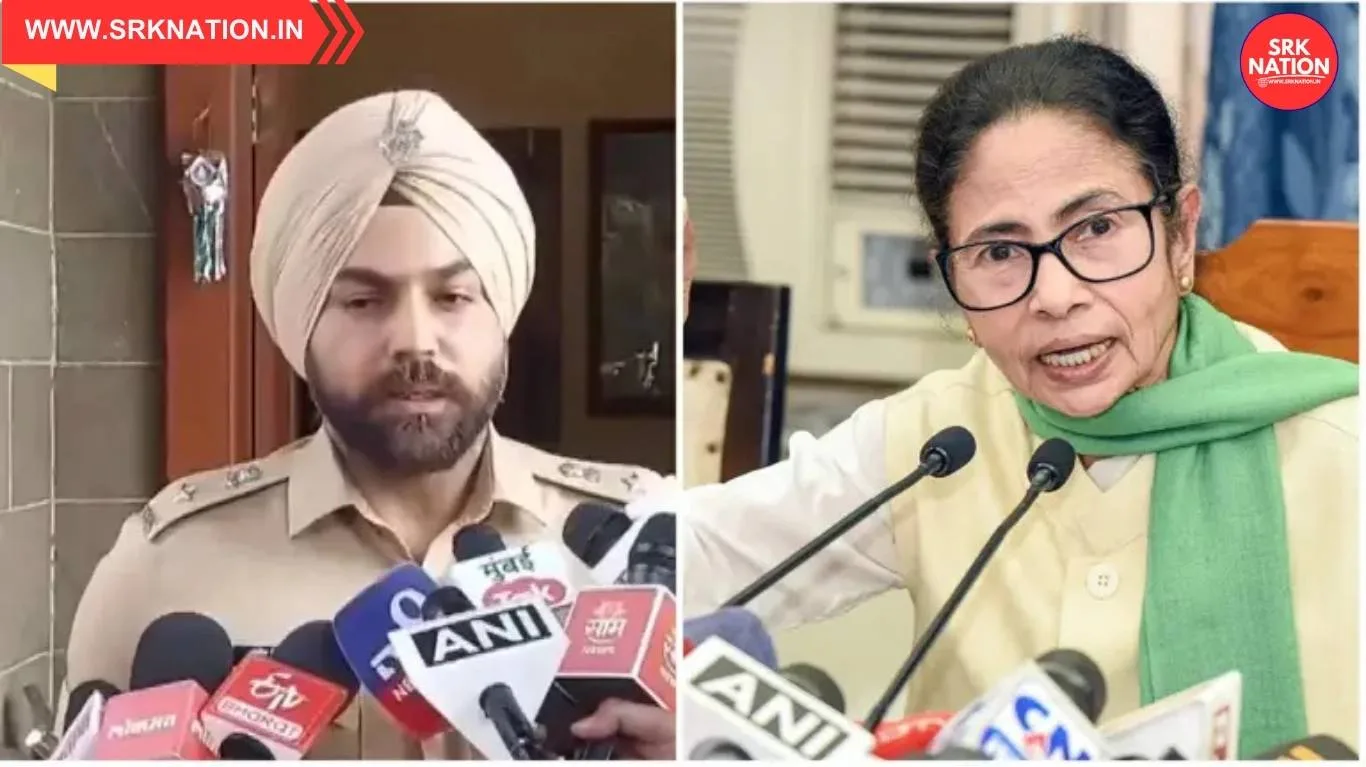As Bihar heads into the 2025 Assembly elections, Chief Minister Nitish Kumar’s 2016 liquor prohibition policy has re-emerged as a polarizing issue—one that is both a legacy-defining reform and a lightning rod for political debate. Nearly a decade after Kumar’s government banned the sale and consumption of alcohol across the state, the prohibition gambit is now being scrutinized through the lens of electoral arithmetic, social impact, and economic consequences.
While the Janata Dal (United) continues to project prohibition as a cornerstone of its governance model—especially in its appeal to women voters—critics, including allies within the National Democratic Alliance (NDA), argue that the policy has outlived its utility and is now hurting Bihar’s economy and social fabric.
The 2016 Ban: A Reform Rooted in Women’s Voices
On April 5, 2016, Nitish Kumar announced a statewide ban on liquor, citing domestic violence, public disorder, and health deterioration as key motivators. The move was widely seen as a response to grassroots pressure, particularly from women’s groups and self-help collectives who had long campaigned against alcohol abuse.
Kumar positioned prohibition as a “women-centric reform,” arguing that alcohol was a primary cause of household distress. The policy was quickly tied to his broader narrative of women’s empowerment, which included initiatives like 50% reservation in panchayats, the bicycle scheme for schoolgirls, and the JEEViKa self-help group network.
| Year | Key Women-Centric Reforms Introduced by Nitish Kumar |
|---|---|
| 2006 | Bicycle Scheme for Schoolgirls |
| 2010 | 50% Reservation in Panchayats |
| 2016 | Liquor Prohibition |
| 2022 | Mukhya Mantri Mahila Rozgar Yojana |
These reforms helped Nitish build a durable gender-based vote bank, with women consistently voting in higher proportions than men since 2010.
Social Impact: Mixed Outcomes and Contradictions
Prohibition did lead to visible changes in public behavior. Surveys and anecdotal evidence suggest a decline in street brawls, intoxicated violence, and alcohol-related health issues. According to state government data, cases of domestic violence fell by 12% between 2015–16 and 2019–20. Medical institutions like Patna Medical College and Darbhanga Medical College reported an 18% drop in liver ailments linked to alcohol consumption.
| Indicator | Change Post-Prohibition (2016–2020) |
|---|---|
| Domestic Violence Cases | ↓ 12% |
| Alcohol-Related Liver Ailments | ↓ 18% |
| Public Disorder Complaints | ↓ 15% (estimated) |
| Nighttime Noise Complaints | ↓ 20% (rural areas) |
However, the policy also gave rise to unintended consequences. A thriving black market for liquor emerged, with smuggling networks and bootlegging operations becoming more sophisticated. Enforcement crackdowns led to thousands of arrests, often targeting marginalized communities. Critics argue that prohibition has criminalized poverty and burdened the judicial system.
Economic Fallout: Revenue Loss and Industry Stagnation
Before prohibition, Bihar earned approximately ₹4,000 crore annually from liquor taxes. Between 2016 and 2025, the state is estimated to have lost over ₹30,000 crore in revenue. This shortfall has impacted public spending, especially in infrastructure and tourism.
| Fiscal Year | Estimated Revenue Loss Due to Prohibition |
|---|---|
| 2016–17 | ₹3,800 crore |
| 2017–18 | ₹3,950 crore |
| 2018–19 | ₹4,100 crore |
| 2019–20 | ₹4,250 crore |
| 2020–21 | ₹4,400 crore |
| 2021–22 | ₹4,600 crore |
| 2022–23 | ₹4,800 crore |
| 2023–24 | ₹5,000 crore |
| 2024–25 | ₹5,200 crore |
| Total | ₹39,100 crore |
Entrepreneurs and hospitality stakeholders argue that operating in a “dry state” discourages investment and limits tourism potential. The absence of regulated alcohol sales has also affected the state’s nightlife and urban leisure economy.
Political Repercussions: Allies and Opponents Speak Out
As the 2025 elections approach, prohibition has become a contentious issue within the NDA itself. Former Chief Minister Jitan Ram Manjhi, leader of the Hindustani Awam Morcha and an NDA ally, recently suggested that the sale of liquor in moderate amounts should be allowed and cases against offenders withdrawn. His remarks exposed internal contradictions and reignited public debate.
Opposition parties, including the Rashtriya Janata Dal (RJD) and Congress, have criticized the policy for its economic and social costs. They argue that prohibition has failed to curb alcohol consumption and instead fueled corruption and selective enforcement.
| Political Position | Party/Leader | Stance on Prohibition |
|---|---|---|
| Supportive | Nitish Kumar (JDU) | “Women-centric reform” |
| Critical | Tejashwi Yadav (RJD) | “Economic disaster” |
| Reformist | Jitan Ram Manjhi (HAM) | “Allow moderate sale” |
| Ambiguous | BJP (State Unit) | “Review needed” |
Despite criticism, Nitish Kumar continues to defend the policy, citing its social benefits and alignment with his governance philosophy.
Women Voters: The Deciding Factor Again?
With the launch of the Mukhya Mantri Mahila Rozgar Yojana in September 2025, Nitish has doubled down on his appeal to women. The scheme offers ₹10,000 in seed money and up to ₹2 lakh in capital support for women entrepreneurs. It is being pitched as a leap toward self-reliance and a continuation of his women-first governance model.
| Scheme Name | Benefit Offered |
|---|---|
| Mukhya Mantri Mahila Rozgar Yojana | ₹10,000 seed money + ₹2 lakh capital |
| JEEViKa SHG Expansion | 14 million women enrolled |
| Police Recruitment Reservation | 35% for women |
| Panchayat Reservation | 50% for women |
These initiatives are expected to consolidate Nitish’s support among women, who have historically backed him in large numbers.
Conclusion: A Policy That Defines and Divides
Nine years after its implementation, prohibition remains one of Nitish Kumar’s most defining—and divisive—reforms. As Bihar prepares for the 2025 Assembly elections, the liquor ban is no longer just a social policy; it is a political litmus test. For Nitish, it symbolizes governance rooted in moral conviction and grassroots empowerment. For critics, it represents economic loss, legal overreach, and administrative strain.
Whether prohibition will help or hurt Nitish Kumar at the ballot box remains to be seen. But one thing is clear: in Bihar’s political theatre, the liquor ban is no longer a quiet reform—it’s the loudest debate.
Disclaimer: This article is based on publicly available government data, political statements, and verified news reports. It is intended for informational purposes only and does not constitute legal or political advice. All figures and opinions are subject to change based on official updates and electoral developments.











